Dale Cottingham’s collection, Midwest Hymns, reads as a meditation on a man’s journey through life’s myriad challenges, and healing through becoming one with nature and its cycles. Cottingham’s muse is the family and land that raised him, and each of these poems act as a patchwork in making an overall warm and nostalgic reading experience.
0 Comments
Nature is boundless: it covers just about everything we know. And yet, as modern technology progresses, nature has somewhat morphed into a monstrosity in our everyday lives. Many people today fear the unknown depths of the natural world and shy away from exploring it too closely. What might we be missing out on by avoiding nature in all of its pure and chaotic glory?
Adam Tavel’s Green Regalia answers this question, among others. Tavel explores the more comforting aspects of nature through fresh metaphors and experimental phrasing. In all of nature’s chaos and climates, there exists an atmosphere of comfort that Tavel draws attention to. Tavel’s environmentally-themed collection begins with a poem titled “How to Write a Nature Poem.” This poem serves almost as an epigraph, foreshadowing the rest of the collection, which artfully guides the reader through understanding the environment’s present and prevalent hold on our lives. Through use of nature images, Tavel creates deeper themes surrounding family, identity and finding solace in uncontrollable external factors.
“You didn’t come into this world. You came out of it, like a wave from the ocean. You are not a stranger here.” This Alan Watts quote prefaces William Glassley’s nonfiction book A Wilder Time.
Watts was a 20th century Buddhist and spiritual lecturer who talked about the non-existence of self and the necessity of a return to nature in order to dissolve artificial, man-made divisions. Glassley, a geologist, takes his own Wattsian spiritual journey into the Greenland wilderness. Although Glassley’s scientific background comes across in his writing, it doesn’t outshine his poetic prose that captures the pristine, esoteric setting of an untouched land.
In his poetry collection, Driving Together, Tyler Robert Sheldon shares personal observations of seemingly simple moments in his life: observations on a hummingbird, a physical scar, yard work, and graduate school. Spanning all of these subjects, Sheldon’s poems use crisp imagery and storytelling. Through his prevalent themes of childhood experiences, the nature of Kansas, and the relationship to his wife, Sheldon reveals to his readers an unexpected depth to life’s simplicity by use of imagery.
Jessica Roeder’s chapbook, Staircases Will Outnumber Us, requires much more from the reader than simply enjoying a beautifully written narrative. Throughout her compilation of twenty-one pieces of flash fiction, Roeder creates a world in which we find a blend of fairy tale and cult-like activity. We watch our narrator live among her nameless “sisters” in a treeless forest, where they bear children and build staircases made from stumps, always awaiting the daily return of their “father.” The reader is forced to discover what the treeless forest represents, and thus, the meaning of everything that follows.
|
Archives
July 2024
Categories
All
|
|
Glassworks is a publication of Rowan University's Master of Arts in Writing 260 Victoria Street • Glassboro, New Jersey 08028 [email protected] |
All Content on this Site (c) 2024 Glassworks
|

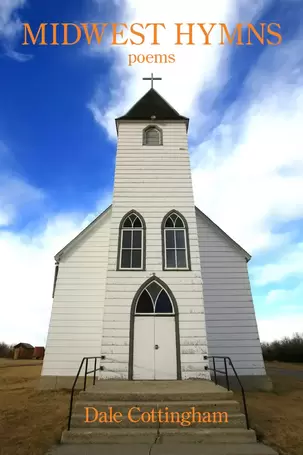
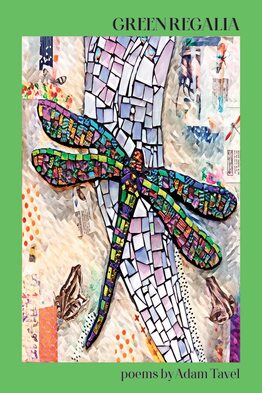
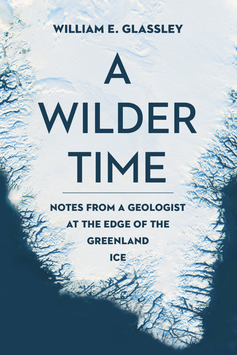
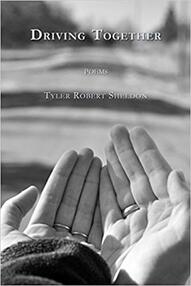
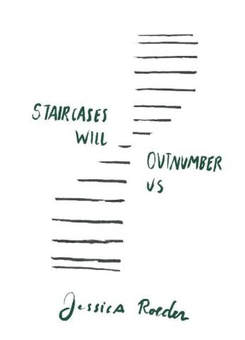
 RSS Feed
RSS Feed
